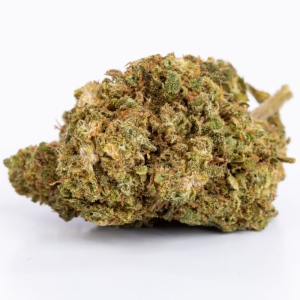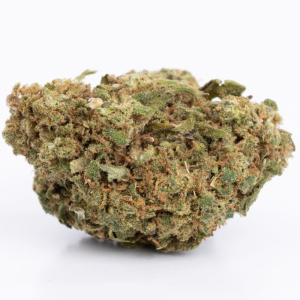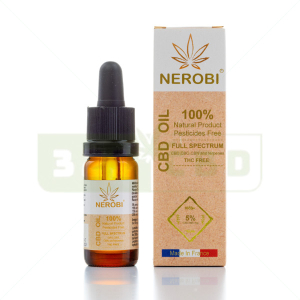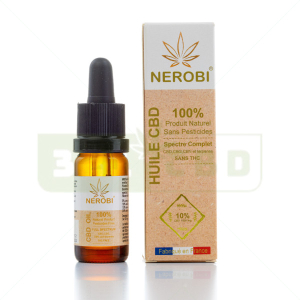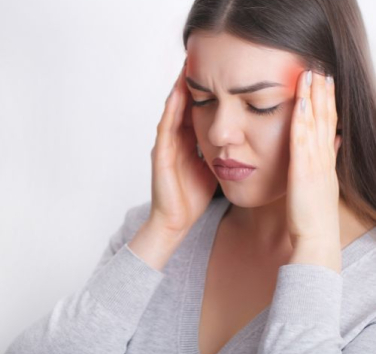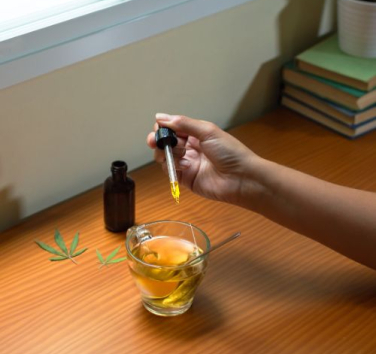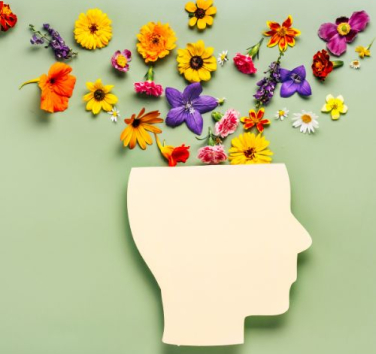CBD, a natural glucose regulator, supporting figures
A study published in the Journal of Clinical Investigation showed that CBD promotes blood sugar regulation. Researchers found thatcannabidiol, a natural cannabinoid extracted from the hemp plant, limits the production of pro-inflammatory cytokinesto improve insulin sensitivity. This action was strongly suspected, because CBD is an excellent anti-inflammatory.
Another clinical study published in 2016 followed 62 diabetic patients over a period of 13 weeks. Results revealed asignificant decrease in fasting glucose levelsin participants who received CBD compared to the placebo group. On average, glucose levels decreased by 0.7 mmol/L (p < 0.05).
Another survey published in the Diabetes Care Journal assessed the impact of CBD on resistance to 'insulin. Results showed a 17% improvement in insulin sensitivity in CBD-treated subjects compared to the control group.
The exact mechanism by which CBD improves insulin sensitivity remains to be elucidated, but researchers predict an ability to modulate the activity of the "CB1" and "CB2" receptors of our endocannabinoid system (ECS).
These receptors are involved in energy metabolism and the regulation of inflammation, two factors which determine insulin sensitivity.
CBD: a potential role in managing postprandial glucose levels
Postprandial glucose levels refer to the concentration of glucose in the blood after a meal.
This measure is crucial in the management of type 2 diabetes because high levels can lead to serious complications such as cardiovascular disease and nerve damage.
According to American Diabetes Association guidelines, these levels should not exceed 7.8 mmol/L (140 mg/dL) two hours after a meal.
A study published in the Diabetes Journals found that participants given CBD showed a reduction significantly in postprandial glucose levels compared to a placebo group, with a mean decrease of 1.5 mmol/L (p < 0.01).
The anti-inflammatory properties of CBD and its impact on insulin production probably explain this action.
Study concludes that combining CBD with lifestyle changes and patient treatments could limit post-meal glucose levels and thus reduce the risk of long-term complications linked to type 2 diabetes .


